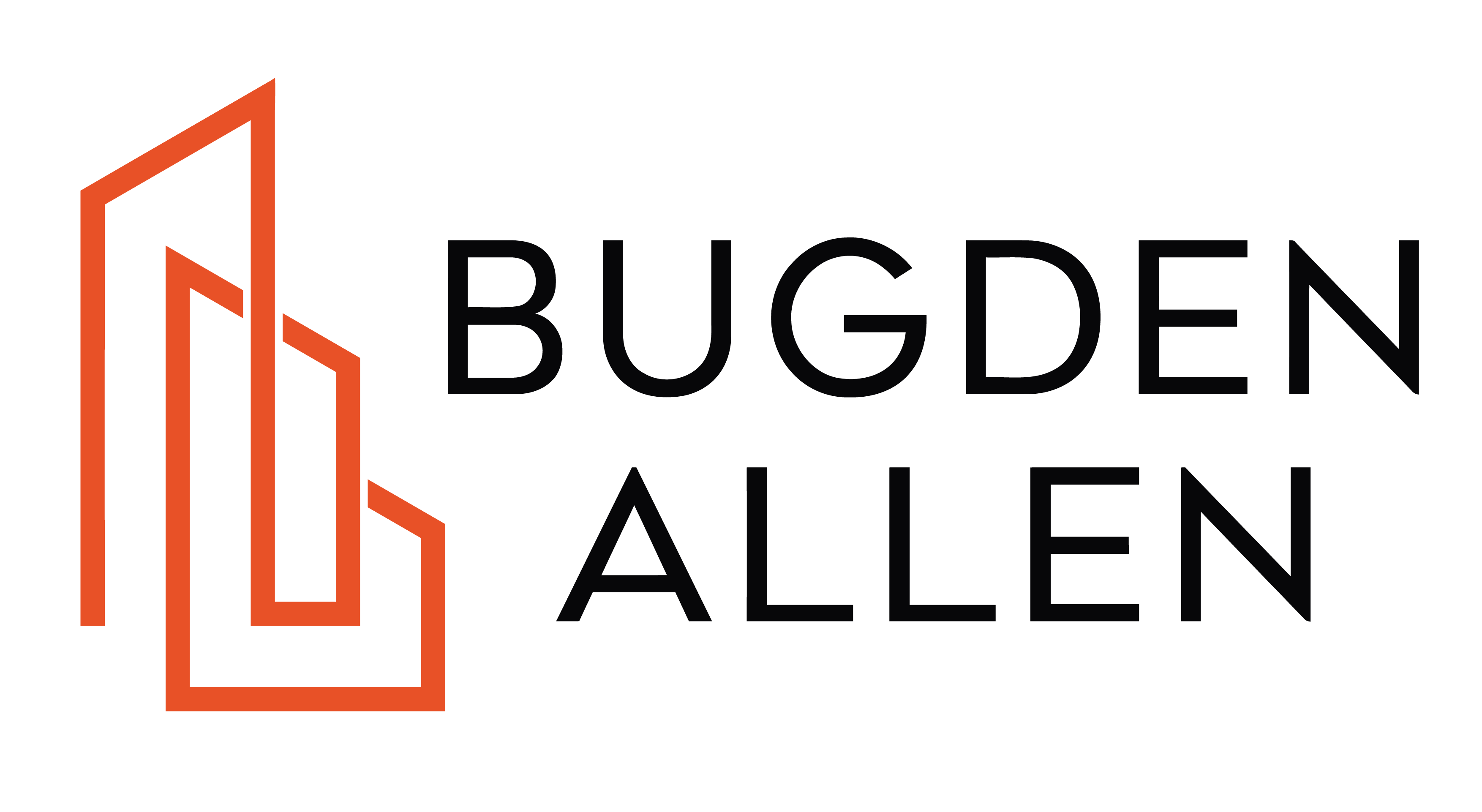Workplace Health and Safety Obligations “To be, or not to be”…. a PCBU
There has been considerable discussion about workplace health and safety, particularly in Western Australia due to the relatively recent enactment of the Work Health and Safety Act 2020 (WA) (Act). The passing of this Act has meant that most jurisdictions in Australia are operating under the same, or very similar, statutory provisions in relation to workplace health and safety.
Most of the conversation has focused on whether or not a strata company is a “person conducting a business or undertaking” or PCBU as it is now more commonly known.
The Act and accompanying regulations impose many obligations on PCBU’s, however, the Act provides that in certain circumstances, a strata company is not a PCBU.
Section 5 of the Act defines PCBU. Sub-section 5(8) refers to strata companies and states:
A strata company that is responsible for any common areas used only for residential purposes may be taken not to be a person conducting a business or undertaking in relation to those premises.
This sub-section has led many to the mistaken belief that strata companies for schemes that are residential only are not, and can never be, a PCBU. However, that is not necessarily the case.
If we take a closer look at this sub-section we can see:
- it provides that such a strata company MAY be taken not to be a PCBU. It is unclear in what circumstances it may not.
- for the exemption to apply the common property must ONLY be used for residential purposes. It is unclear whether the exception will apply if, for example, a lot is used by an owner to work from home or as an Airbnb.
Further, sub-section 5(9) provides that subsection (8) does not apply if the strata company engages any worker as an employee. This may include caretakers or the like.
It is also important to note that it is not only a PCBU that has responsibilities under the Act. There are various circumstances in which a strata company, council members and lot owners can have duties under the Act, as well as at common law. At any time when a person is on common property performing work, such as tradesperson carrying out maintenance, that property becomes a workplace for the purposes of the Act. When that occurs, various obligations are imposed on various people and entities in relation to that workplace. It is beyond the scope of this article to detail those obligations, as they are many and complex.
The various regulations connected to the Act also impose obligations on people and entities regardless of whether or not they are a PCBU. Of particular note are the regulations dealing with asbestos inspections and recording. Again, these regulations are lengthy and complex, and beyond the scope of this article to discuss. It is enough to say that a strata company may well have to comply with these obligations, regardless of whether or not it is a PCBU.
A strata company must note that section 5(8) does not exempt it from complying with other legal obligations which arise at common law in relation to the safety of people attending the scheme.
As far as strata managers are concerned, they will be a PCBU and will therefore have to be very careful as to how they manage common property, particularly in circumstances where tradespersons are attending the scheme to perform work.
In most instances, a strata manager can fulfill its obligations, or at least reduce its risk, by putting in place policies, procedures and adequate training which specifically address the obligations imposed by the Act and regulations. The investment in getting those things right is well worth it in the long run.
It will not surprise anyone reading this that the consequences for breaching the Act or regulations are extremely serious. They can also be imposed regardless of whether or not anyone has suffered an injury as a result of the breach. The consequences include prison sentences and very substantial fines, including on directors who may have had no direct involvement.
More importantly, the consequences can result in death or serious injury to a person or people.
Special Counsel, WA




